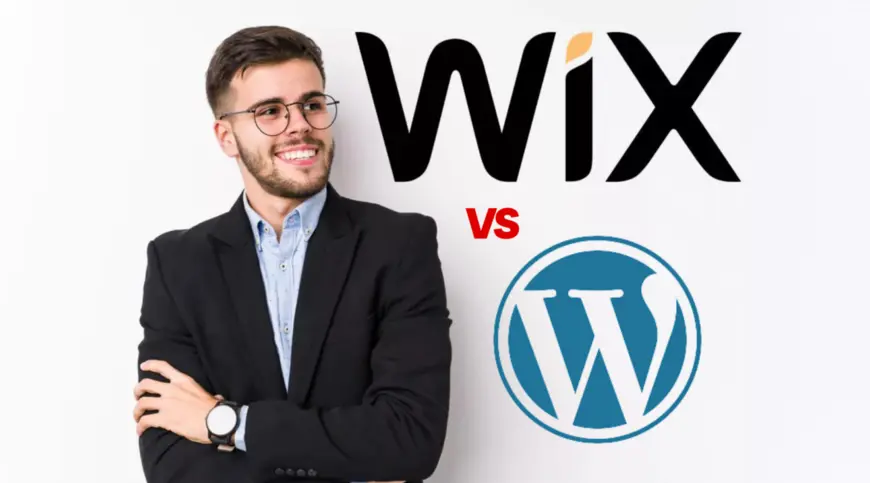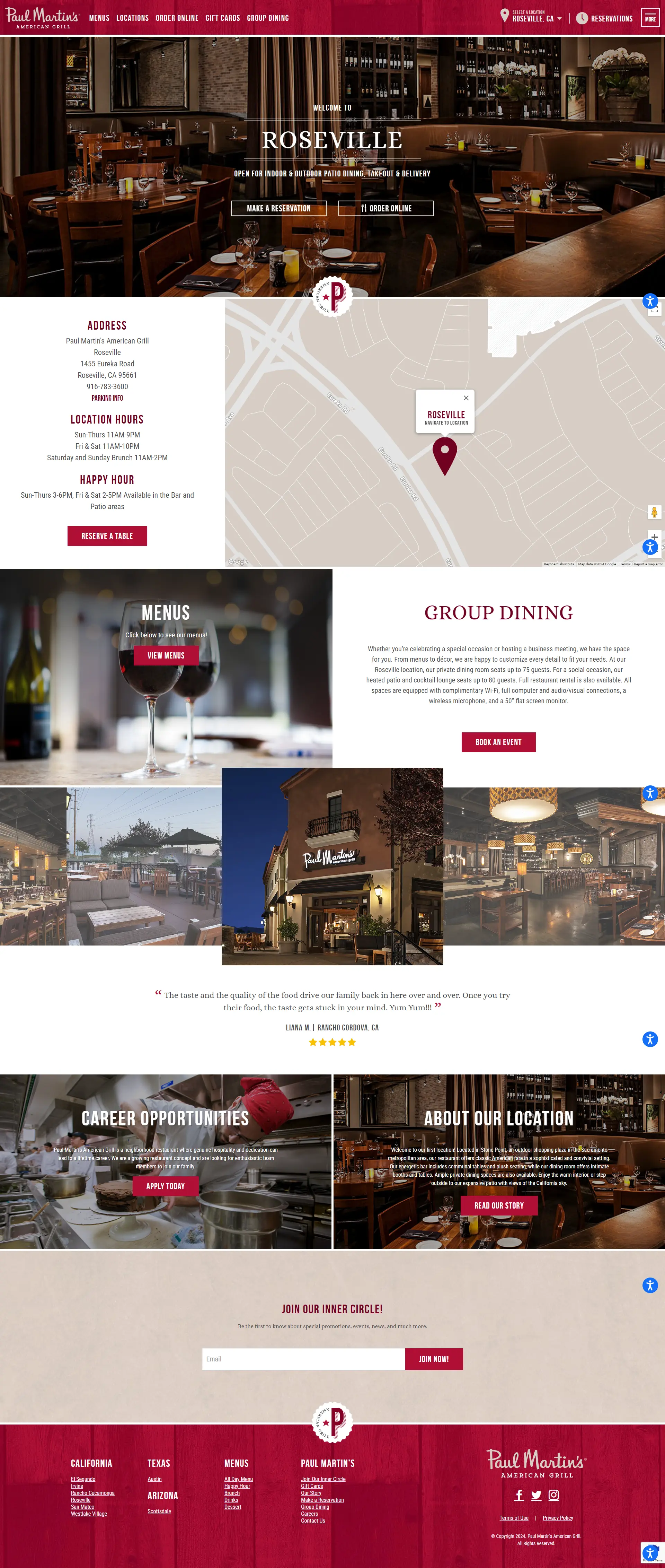Executive Summary
Wix may seem easy to use, but for businesses, WordPress is superior. WordPress offers greater flexibility for integrating essential business tools, better SEO control for higher search rankings, and more scalability for future growth. You also have complete ownership and control over your website. While Wix might be fine for basic websites, serious businesses should choose WordPress for a truly optimized and scalable online presence.
For serious businesses seeking an optimized and scalable online presence, WordPress surpasses Wix.
If you’re just starting your business, you’ll likely end up re-designing your website on WordPress later.
Why Wix Might Not Be the Best Choice for Your Business Website
Wix is a popular website builder, offering an easy drag-and-drop interface and attractive templates. However, when it comes to building a website for your business, Wix presents some limitations that can hinder your online growth. Here’s a closer look at why WordPress might be a better choice:
1. Platform Limitations and Integrations
- Wix: While Wix offers an app market, your options for integrating with third-party tools and services are restricted to what’s available within their ecosystem. This can be a significant drawback if you rely on specific software for your business operations, such as CRM, email marketing, or analytics platforms.
-vs- - WordPress: WordPress boasts a massive plugin repository and a vast developer community. This means you have access to thousands of plugins that can integrate your website with virtually any tool or service you need. This flexibility allows you to tailor your website to your specific business requirements.
2. SEO Challenges
- Wix: Although Wix has made improvements to its SEO capabilities, it still has limitations. One key issue is the non-standard naming conventions for SEO fields, including meta tags. This can create confusion and make it harder to optimize your website for search engines. Additionally, Wix’s website structure can sometimes be less than ideal for SEO purposes.
-vs- - WordPress: WordPress is renowned for its SEO-friendliness. It provides full control over your website’s SEO settings, including meta tags, permalinks, and XML sitemaps. Furthermore, numerous SEO plugins like Yoast SEO offer comprehensive tools to optimize your content and improve your search engine rankings.
3. Scalability and Customization
- Wix: Wix is a good option for simple websites, but it can be limiting if you need advanced customization or plan to scale your website significantly in the future.
-vs- - WordPress: WordPress offers unparalleled scalability and customization. You can easily modify your website’s design, functionality, and content as your business grows. Whether you need a small blog or a complex e-commerce platform, WordPress can handle it.
4. Ownership and Control
- Wix: With Wix, you’re essentially renting your website. You rely on their platform and their rules. If Wix decides to change its pricing or policies, you have limited recourse.
-vs- - WordPress: When you use WordPress, you own your website and its data. You have complete control over your content, design, and hosting. This gives you greater freedom and flexibility in the long run.
Popular Websites Powered by WordPress:
WordPress powers a significant portion of the internet. Here are some examples of popular websites that use the WordPress codebase:
- The New York Times: www.nytimes.com
- Forbes: www.forbes.com
- Variety: variety.com
- Sony Music: www.sonymusic.com
- Microsoft News: news.microsoft.com
- The Walt Disney Company: thewaltdisneycompany.com
- MNKY.agency: MNKY.agency
Summary: Wix vs. WordPress for Business
While Wix offers a user-friendly website building experience, its limitations in terms of integrations, SEO, scalability, and control make it less suitable for businesses with long-term growth aspirations. WordPress, with its flexibility, vast plugin ecosystem, and SEO-friendly nature, provides a more robust and scalable platform for building a successful online presence.
Frequently Asked Questions
WordPress can be more cost-effective in the long run, especially for larger websites with growing needs, while Wix’s subscription-based pricing can become expensive as your website expands.
While Wix offers free and paid plans, its premium plans come with ongoing subscription costs. As your website grows and requires more resources or advanced features, the cost of your Wix subscription can increase significantly. In contrast, while WordPress itself is free, you’ll need to invest in hosting, a domain name, and potentially premium themes or plugins. However, these costs can often be more manageable in the long run, especially for larger websites with evolving requirements.
Both Wix and WordPress can be secure, but WordPress requires more proactive security measures due to its open-source nature and reliance on plugins.
Wix, as a closed platform, handles security updates and maintenance on its end. However, WordPress’s open-source nature means you’re responsible for keeping your core software, themes, and plugins updated to prevent vulnerabilities. Additionally, choosing reputable plugins and implementing security best practices like strong passwords and regular backups are crucial for maintaining a secure WordPress site.



















